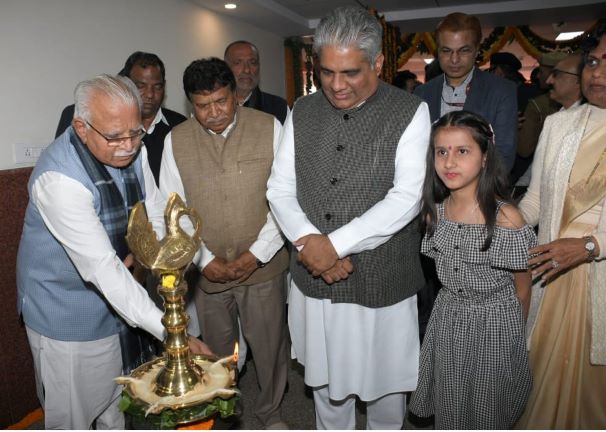Speculation is the lifeblood of political commentary. But what we’re witnessing today from a growing breed of so-called political analysts is not just lazy conjecture — it borders on absurdity. The current buzz over who will succeed JP Nadda as the BJP’s national president is a perfect example. Far from reasoned analysis, much of what’s making headlines is either poorly sourced wishful thinking or deliberate clickbait.
Let’s begin with what’s not just speculative, but outright bizarre — the projection of Daggubati Purandeshwari as the next national president of the BJP. She is a respected leader, no doubt — articulate and experienced, having served in the UPA cabinet. Her appointment as Andhra Pradesh BJP president was a welcome move, but to imagine her leapfrogging to lead the world’s largest political party, without deep roots in the RSS or long organizational work in the BJP, is delusional.
This isn’t about her being a woman. It’s about political logic. The BJP — and certainly Narendra Modi and Amit Shah — have always prioritized ideological alignment, ground-level party-building experience, and loyalty to the Sangh Parivar ecosystem when choosing national-level leaders. Purandeshwari, despite her capabilities, simply doesn’t fit that mould.
Yet, mainstream and regional media — eager to cash in on sensationalism — have run with the story. One justification floated is Prime Minister Modi’s commitment to women’s empowerment, seen again in his speech at Ghana’s Parliament during his recent African tour. There, he linked women’s leadership to India’s Sanatana Dharma roots — a powerful cultural pitch. But to equate this with the imminent elevation of a woman to the BJP’s top post is naïve at best and misleading at worst.

Another name that keeps popping up is Finance Minister Nirmala Sitharaman. Why would the Prime Minister disturb one of his most trusted lieutenants at a time when India’s economy is poised for global leadership? Sitharaman has steered the ship through the pandemic, global disruptions, and positioned India as an investment destination. Shifting her to an organizational role would risk unnecessary turbulence in the Finance Ministry — and for what gain?
Among the more credible contenders, Bhupender Yadav stands out. He has earned the title of the BJP’s “backroom Chanakya” for a reason. Whether it was navigating complex alliances in Bihar or managing legislative strategy in Parliament, Yadav has delivered with precision. A lawyer by training, an RSS man by conviction, and a silent performer by style, he represents the quintessential BJP organizational leader. If Modi-Shah are looking for continuity and discipline, Bhupender Yadav is a natural choice.

Then there is Manohar Lal Khattar, former Haryana Chief Minister and current Union Minister. A lifelong RSS pracharak and known for his integrity and organizational discipline, Khattar is another serious contender. His elevation would signal ideological rootedness and quiet efficiency — a contrast to the headline-hunting style of politics elsewhere.
Another name that has gained some traction is V.D. Sharma, the Madhya Pradesh BJP president. A product of ABVP and a younger face in the BJP, Sharma delivered impressive results in the 2023 MP Assembly polls. His rise symbolizes the emergence of a new generation of assertive karyakartas. But while he may be a long-term investment, it’s unlikely the party would hand over the reins to someone still politically lightweight when compared to Yadav or Khattar.




